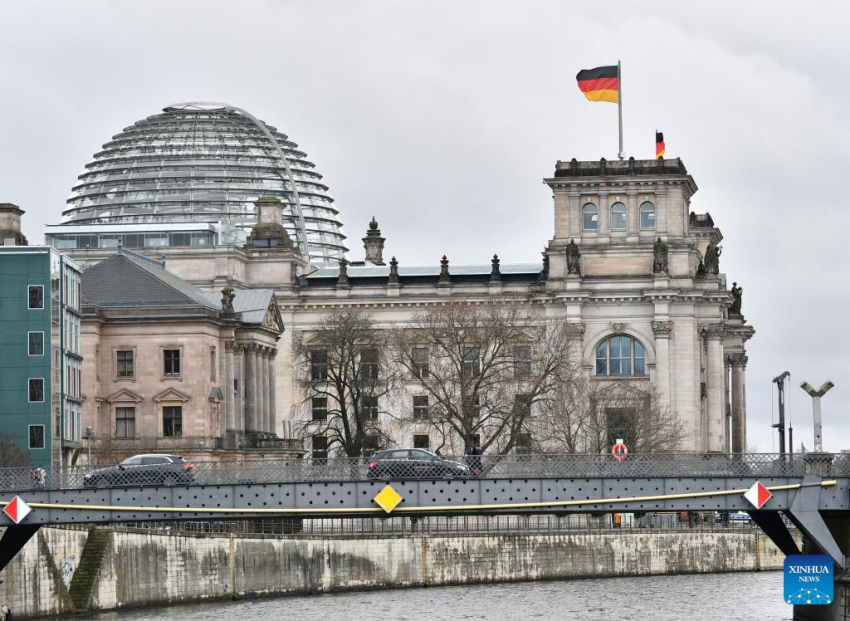Germany’s economy grew by 0.2 percent in the third quarter compared to the previous three-month period, preliminary data from the country’s statistics office showed Wednesday.
The unexpected expansion was largely fueled by increased government and private consumer spending, marking a modest yet positive shift in sentiment and sparking hopes that Europe’s largest economy may prove more resilient than expected amid persistent recession fears.
Private consumption continued to recover in the third quarter, the Munich-based ifo Institute for Economic Research noted. However, the institute cautioned that consumer sentiment remains wary due to the lingering effects of recent crises and uncertainties about government economic policies — a trend likely to persist in the coming months.
Meanwhile, weak industrial performance has continued to weigh on the German economy over the past quarter, with the ifo Institute noting an absence of clear indicators for a turnaround.
The statistics office revised Germany’s second-quarter contraction from an initial estimate of 0.1 percent to 0.3 percent, while confirming a 0.2-percent expansion in the first quarter of the year.
Looking ahead to the fourth quarter, ifo expert Klaus Wohlrabe anticipated another modest increase, stating, “The German economy has narrowly avoided a recession.” This view aligns with remarks from Carsten Brzeski of ING Research, who observed that the economy remains mired in stagnation.
Earlier this month, Germany’s Economics Ministry projected a 0.2-percent contraction for 2024, fueling concerns that the German economy could face a second consecutive year of recession.

